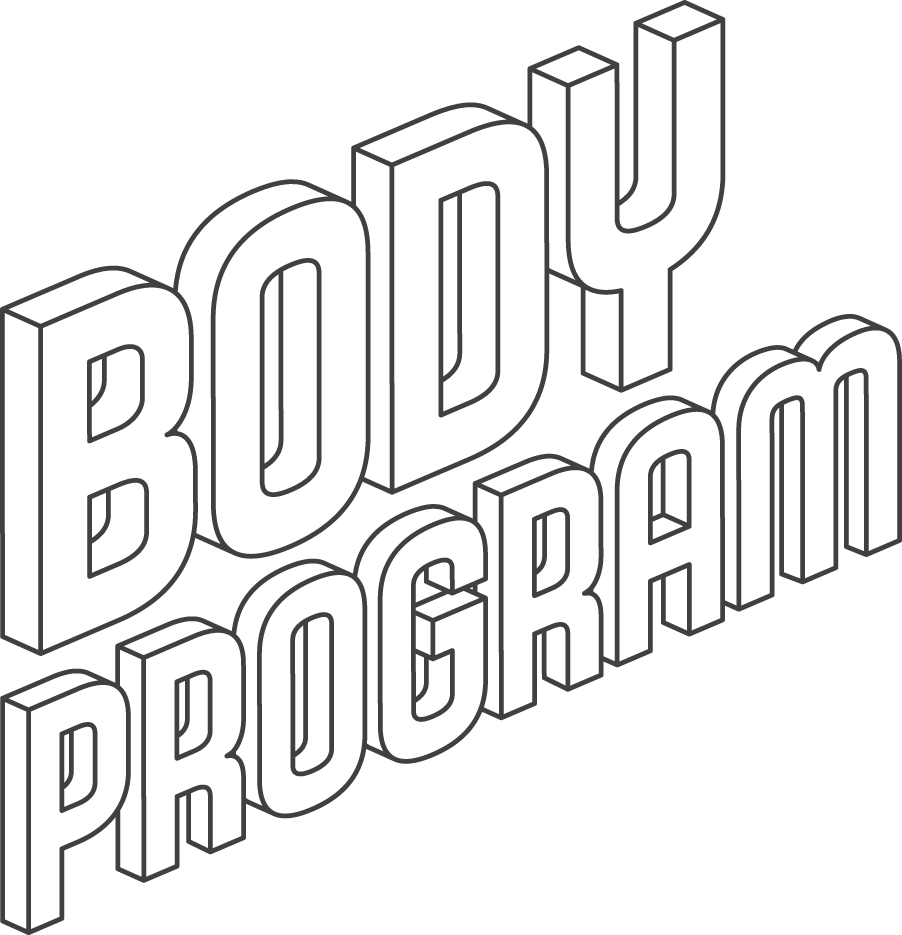
Transferred COVID-19 significantly affects the attitude to food. There is a prolonged lack of appetite (up to 6 months), consumption of small amounts of food and as a result of lack of vitamins and minerals, loss of a significant percentage of muscle mass.
This was announced by Yulia Vasylenko, a nutrition coach certified by Health Coach.
“More and more clients are coming to me who have food problems after COVID-19. Lack of smell and taste negatively affects the appetite and perception of food. Even after the restoration of taste perceptions, there is a problem with the pleasure of eating. The inability to enjoy foods you used to enjoy causes nervous tension. For example, for some people, drinking coffee is an important ritual during the day. Lack of ability to enjoy this drink causes stress, which affects performance during the day. In the long run, this can cause neurosis. Also not uncommon are the consequences of the disease – depression, neurosis and more. In such conditions, appetite is significantly reduced or absent and the person does not receive the required amount of macro and micronutrients, which are needed for complete recovery after the disease, “- says the expert.
To recover from coronavirus, high-calorie diets are often prescribed – up to 3500 kcal / day, with a high protein content – up to 2 g of protein per 1 kg of body weight per day. At the same time, it is difficult to consume a large number of calories after the disease, especially until the full work of taste receptors has been restored.
“Low energy also affects the desire, for example, to cook. Lack of proper nutrition affects energy levels and a vicious circle. It is possible to give recommendations on nutrition, but regardless of how a person can implement these recommendations in life and his psycho-emotional state, the result will be minimal. We need a clear plan of gradual change, “said Yulia Vasylenko.
She recommends making a list of vegetables, fruits, cereals, dairy products, meat, fish, which cause the greatest taste response. Include these foods in your diet in the amount that the body is ready to accept now. You can connect an additional intake of vitamin complexes. In parallel, you need to work with stress and possible psycho-emotional problems after COVID-19.
How to restore the taste perception of food:
- Add more texture to food. For example, vegetables in an omelet.
- Cook the vegetables crispy
- Add nuts and dried fruits to your diet
- Add spicy and spicy flavors
- Serve food in good dishes (it stimulates the appetite)
- Diversify the color scheme of food (for example, vegetables of different colors)
- Different temperature of dishes
About the expert:
Yulia Vasylenko is a certified coach in Healthy Lifestyle and Nutrition (Health Coach). Conducted more than 500 hours of personal consultations on weight loss, changing eating habits, forming a balanced diet, forming a habit of playing sports and more.
